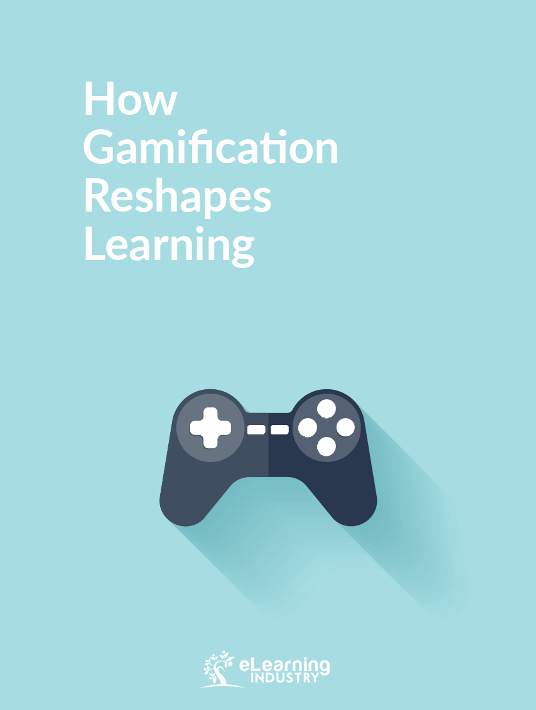When I failed my 8th grade, most adults thought that the reason was simply that I had been distracted by videogames. Although I spent much less time playing than doing sports, it was (and obviously still is) the common perception that often ‘games’ are responsible for undesirable results in school.
But now, just for a second, let’s change this perspective. Think about this: Why blame a game for being so engaging and motivating that school seems to be so damn boring in comparison to it? Shouldn’t we learn from the best and try to fix what’s wrong with education? Or in a nutshell: “Don’t blame the gamer, blame the ‘game’.”
Games are artificial learning environments. There is no game without a challenge that you have to overcome. We love to be challenged. Our brain is a learning engine and it was developed only for this one purpose.
By deconstructing games and reverse-engineering what makes them successful to engage, challenge and keep us focused you should consider this:
- You have to know the individual students and you have to design their own ‘Path to Mastery’ adapted to their personal skills & needs.
- Provide real-time feedback. Learning means trial and error and only by providing real-time feedback we feel comfortable to try something new and difficult because we can adjust our actions accordingly. In school normally we get feedback when it is already too late, right?
- Respect the psychology of our species, e.g. build on progress rather than penalty. If students have the feeling that they can only progress but not lose already earned achievements they become much more confident and gain a feeling of autonomy.
- Context beats pure content. We humans are bad at just memorizing stuff. There is a reason why games are created around themes, why we remember great stories better than simple bullet points, or why storytelling is such a powerful marketing tool. Embrace intrinsic motivators like power, autonomy, and belonging.



